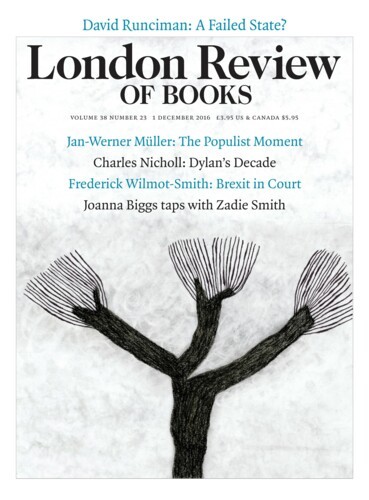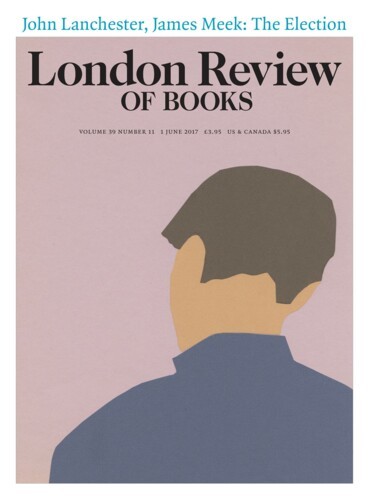Rule-Breaking: The Problems of the Eurozone
Jan-Werner Müller, 27 August 2015
Never before have the struggles among national elites been as visible to the public as they were in the early weeks of this summer, when Greece almost left – or was made to leave – the Eurozone. Never before has an assertion of national popular will, as expressed in the Greek referendum of 5 July, been flouted so thoroughly and so quickly by the enforcers of European economic orthodoxy. Never before have the flaws of the Eurozone been so clearly exposed. We can expect more Greek drama before too long: the real struggle over the Eurozone – and the EU more broadly – is just beginning.





